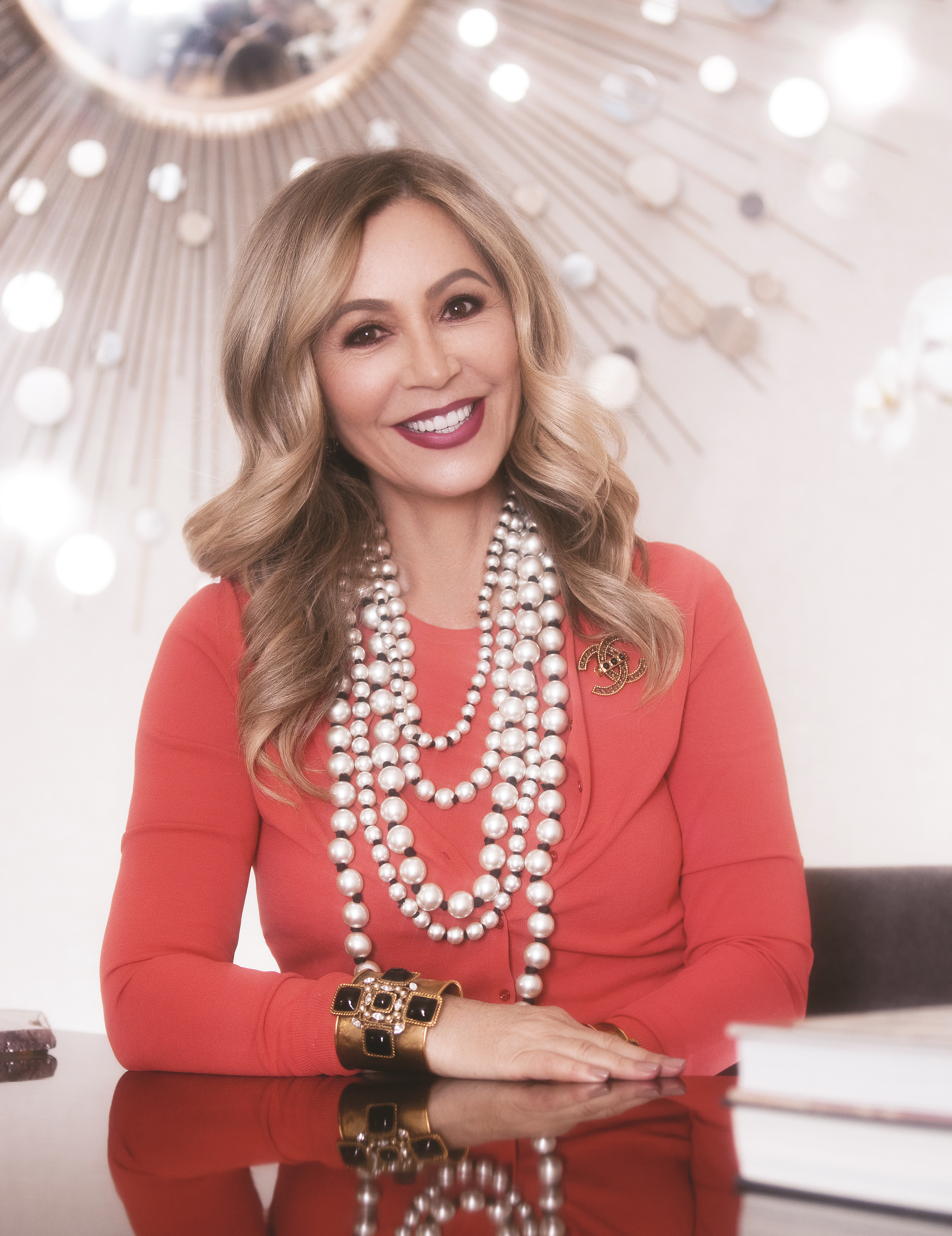The Westwood-based makeup brand collaborated with an ecommerce firm based in New York to tailor its website to shoppers in some 200 international markets.
The move resulted in a 51% uptick in conversion rate — the metric that gauges how many visitors to a company’s website end up making an online purchase.
“Our customers are our No. 1 priority, and yet we struggled to offer our international clients the same seamless online experience we provide our domestic customers,” Vivian Weng, senior vice president of digital and ecommerce, said in a statement.
The website upgrades included pricing in local currencies, a one-step checkout page available in 26 languages, calculation and prepayment of all import duties and taxes, and free shipping for purchases over certain threshold.
Meanwhile, Anastasia’s local customers can now get makeup delivered via Postmates Inc. The San Francisco-based service recently launched its Shop category, which allows app users to peruse product catalogs from various brands — such as broth maker One Whole Life, paper boutique Urbanic, and nursery and garden shop Big Red Sun — much as they would order from local restaurants.
“This year, Covid really changed the landscape of how we purchase essentials, spend time recreationally and even how we treat ourselves,” Anastasia Director of Sales Heather DeLeon said in a statement. “Shop is such an interesting opportunity because it lets people get their hands on our products in a completely new and exciting way.”
Anastasia founder Anastasia Soare started out as an aesthetician and opened a brow studio in Beverly Hills in 1997. A couple of years later, with a flock of celebrity clients in tow, she launched Anastasia Beverly Hills.
The line of products centered on eyebrows and Soare’s patented Golden Ratio Eyebrow Shaping Method, sold via its ecommerce website and at Dillard’s, Macy’s, Nordstrom, Sephora and Ulta.
Soare also excelled at social media promotion, including on Instagram, where her brand has more than 20 million followers. Soare in 2018 sold a minority stake in the business to Texas-based TPG Capital, which valued the company at about $2.5 billion.
The brand generated $290 million in revenue last year, according to Moody’s Investor Service Inc.

